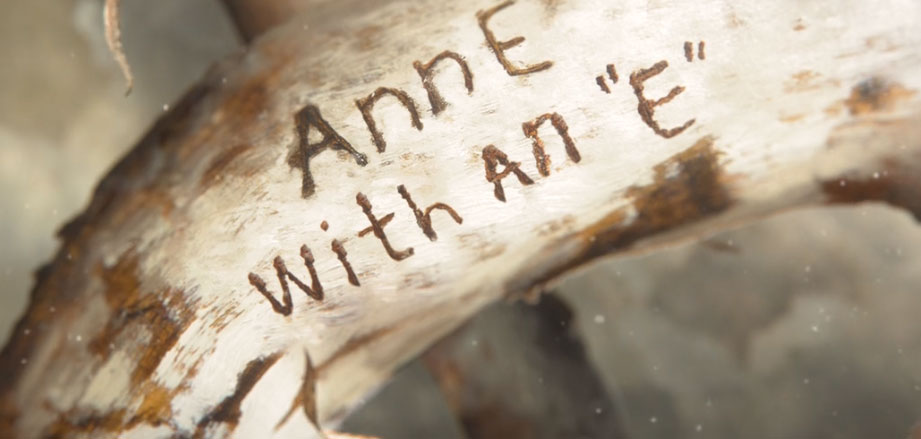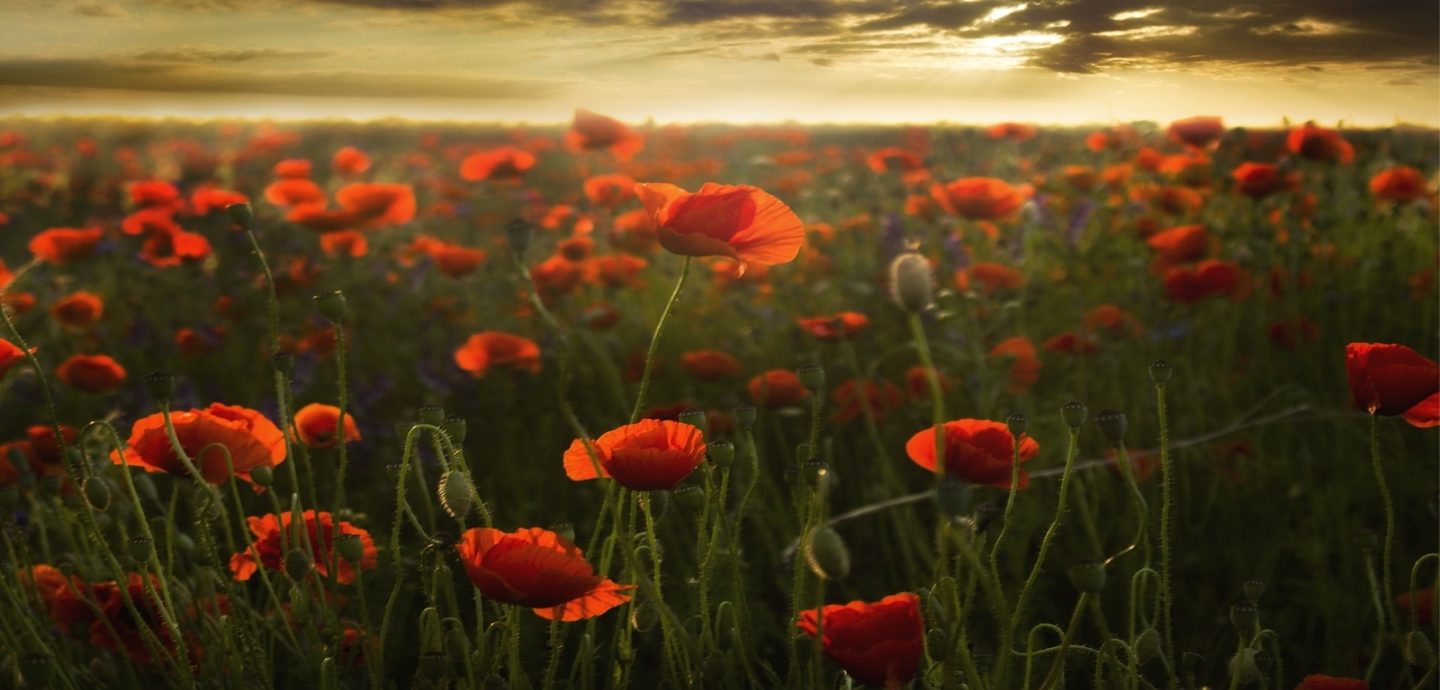Friday Feature || Better Late than Never: My thoughts on Netflix and CBC’s “Anne with an E.”
Cast: Amybeth McNulty, Geraldine James, RH Thompson, Dalila Bela, Lucas Jade Zumann, Corinne Koslo First and second series/season released by Canadian Broadcasting Corporation and Netflix, 2017 and 2018 Having grown up reading Lucy Maud Montgomery’s books always makes me excited and wary whenever a screen adaptation of her work is on the television. After all, it’s not everyday that it happens. I won’t lie–I’ll always have high expectations. Take Anne of Green Gables, for example. No child who grew up in the eighties and nineties could ever forget Megan Follows’ portrayal of the lovable redheaded orphan. While Kevin Sullivan wasn’t exactly faithful to the plot (coughContinuingStorycough), it was a good adaptation. After all, it’s hard to jam in eight books into more or less two or three more series–or episodes, rather. I’ve yet to see Rilla of Ingleside adapted into a screenplay–something I’d hope to see in my lifetime. Back to Anne of Green Gables. Last year, Netflix released their take on the aforementioned book, but they titled it Anne with an E. I’ve already finished watching the second series/season, and I …


